Primary Hyperoxaluria Type 1 (PH1)
What is primary hyperoxaluria type 1 (PH1)?
Primary hyperoxaluria type 1 (PH1) is a rare disorder that affects the kidneys. PH1 results from buildup of oxalate, which normally is filtered through the kidneys and excreted in the urine. For those with PH1, the oxalate accumulates in the kidneys and urinary tract and combines with calcium to form the main component of kidney and bladder stones (calcium oxalate).
What are the symptoms of primary hyperoxaluria type 1 (PH1)?
- Kidney and bladder stones (and symptoms associated with kidney/bladder stones)
- Stunted growth
- Kidney damage
- Renal failure
What causes primary hyperoxaluria type 1 (PH1)?
PH1 is caused by mutations in a gene called AGXT, which instructs the body to make the enzyme alanine-glyoxylate aminotransferase. Mutations in the AGXT gene prevent the breakdown of glyoxylate, causing an accumulation that leads to oxalate. Excess oxalate that is not excreted combines with calcium to form calcium oxalate, which damages the kidneys and other organs.
How is primary hyperoxaluria type 1 (PH1) diagnosed?
PH1 is often diagnosed after clinical evaluation, detailed patient history, and identification of characteristic symptoms.
A diagnosis may be confirmed through:
- Blood test
- Imaging test
- Molecular genetic testing
- Biopsy
What are the treatments for primary hyperoxaluria type 1 (PH1)?
The goal of PH1 treatment is to minimize calcium oxalate and maintain renal function. Early diagnosis and therapy is critical to preserve the function of the kidneys for as long as possible.
Treatments include:
- Oral potassium citrate
- Drugs such as thiazides or pyridoxine
- Avoiding large intakes of vitamins C and D
- Dietary calcium supplements
- Intake of large amounts of fluids
Dialysis or organ transplantation are possible options if the disease progresses severely.
Where can I find out more about primary hyperoxaluria type 1 (PH1)?
Primary Hyperoxaluria Type 1 (PH1) Articles
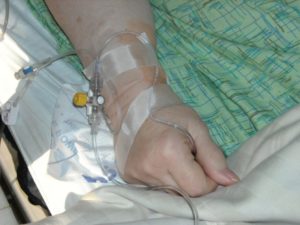
Primary Hyperoxaluria Drug’s Label Receives Expansion to Include Patients with More Severe Disease
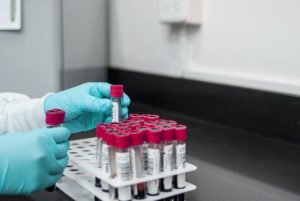
ICYMI: Phase 3 Trial Data Available on Lumasiran for Primary Hyperoxaluria type 1

Positive Data Available on BBP-711 for Primary Hyperoxaluria type 1
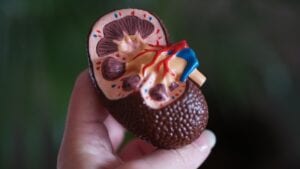
Soleo Health will Administer Primary Hyperoxaluria Type 1 Treatment at Infusion Centers Across The Country
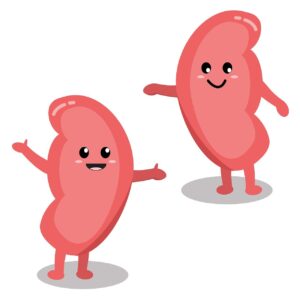
Phase 2 Study For Recurrent Kidney Stone Disease is on Track to Begin Soon
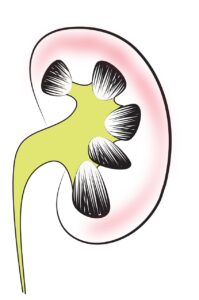
Pivotal Phase 3 Study on Primary Hyperoxaluria Has High Quality Results








